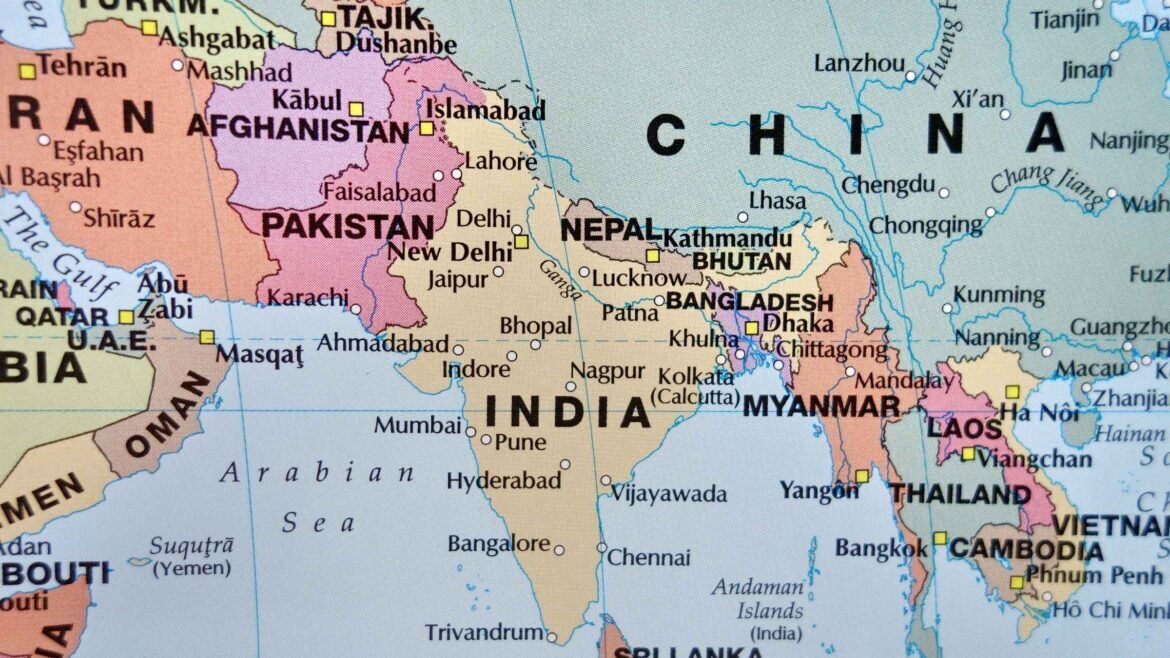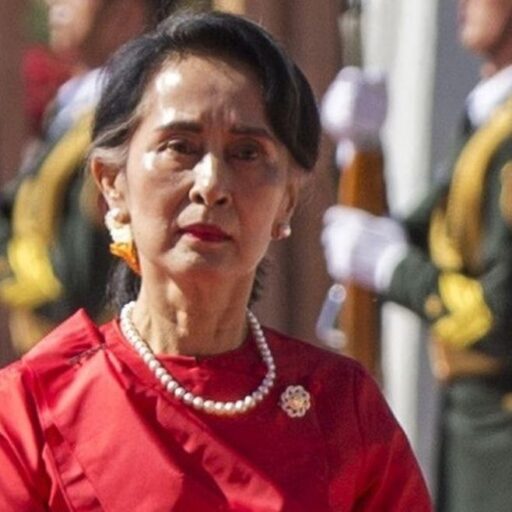This month, 70 years ago, the United States of America detonated nuclear weapons in two Japanese cities—Hiroshima and Nagasaki—and the Second World War came to an end. On August 15, 1945, the Japanese Emperor announced the cessation of hostilities and a few days later, on September 2, Japan signed the formal surrender document. In the Asia-Pacific, comprising of South Asia, Southeast Asia, East Asia and the Pacific, the end of the Second World War heralded a power-shift by catalysing the decline of European colonialism and ushering in the Cold War. The erstwhile Soviet Union and the US competed for and sought to contain each other’s influence in the region. While the Cold War remained ‘cold’ in Europe, it generated hostilities in countries such as Vietnam and Cambodia. After the end of the Cold War, the Asia-Pacific is now witnessing another power-shift with the rise of China.




